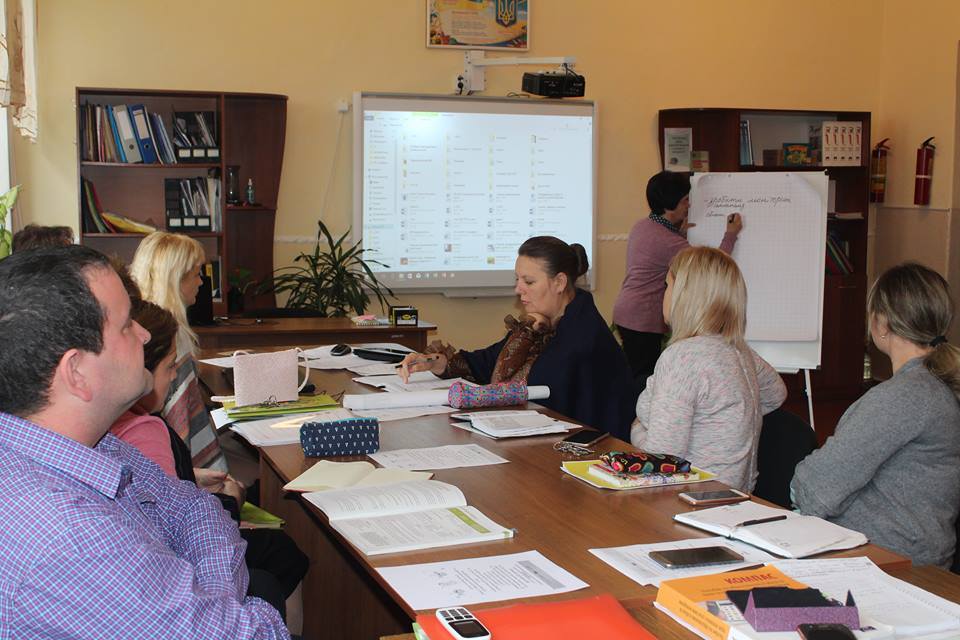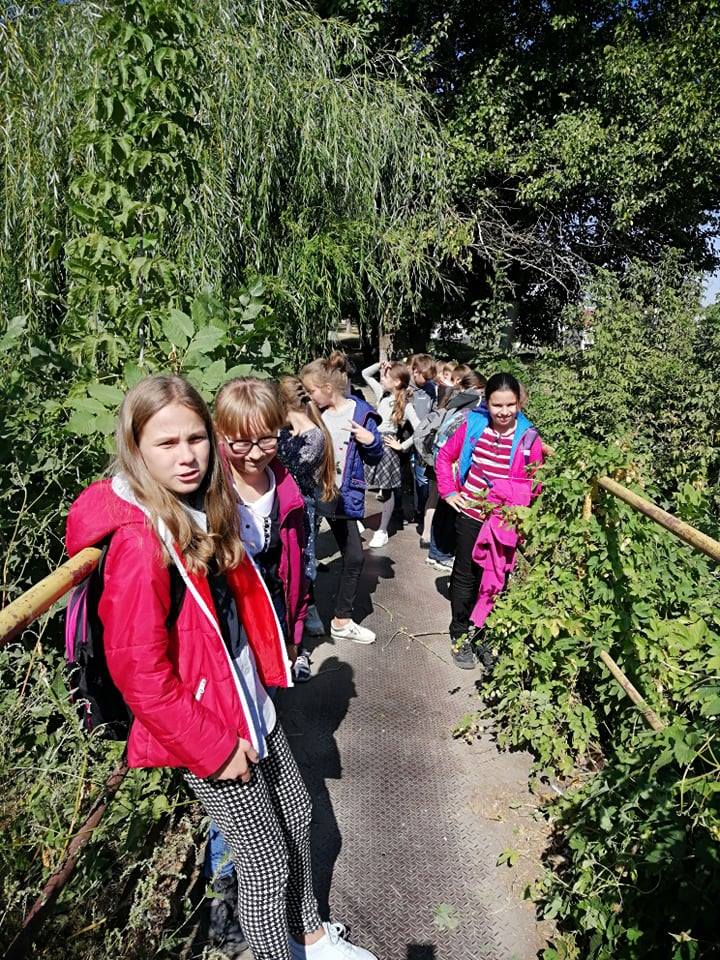Mykolaiv, Mykolaiv region

School № 29 in Mykolaiv has been working on democratization of education and management practices and on development of civic competences of students for several years. Teachers use interactive methods, create their own activities that help developing civic competences along with the subject ones.
After attended the creative workshop of the program "Increasing the competences of democratic citizenship through formal, non-formal and informal education", the teachers decided to apply a project approach to the development of civic competences of students.
At the same time, the students themselves came up with the idea of re-designing and renovating the neglected schoolyard in order to turn it into a playground and a place for leisure activiites. It was the students who initiated this project and involved the pedagogical staff of the school, as well as the parents. The children independently designed the space and actively created it with the help of adults.The teachers eagerly joined in, finding in their subjects practical knowledge and skills that could be useful to students to finalize project. Thus, teachers of mathematics, crafts, science and math, and Ukrainian language prepared special classes to help the students.

School children and teachers do not want to stop there. Project-based learning, which is in essence a synergy of formal and non-formal education, inspires further action. Among the plans, among others, there is an idea to study the history of the neighbourhood where the school is located and to create a guided tour route to highlight its history and points of interest. (http://school29.edukit.mk.ua/demokratichna_shkola-pilotuvannya/)
Practical advice:
- Project-based learning develops many competences at the same time. This form of learning should be used more often in formal education;
- Issues that interest students should be taken up by school staff. Students interest means their bigger motivation to study;
- Project-based learning is a fantastic opportunity for dialogue between different stakeholders and establishing deeper partnerships between students, teachers and parents.
Materials that can be used:
RF CDC, Project based learning (vol.3)
Ready-made projects for development of civic, social and science competences (in Ukrainian and Polish)
Competences developed by youth: civic and social competences, science and math competences.
Additional positive effects: teachers in formal education institutions acknowledge potential of project-based learning.
